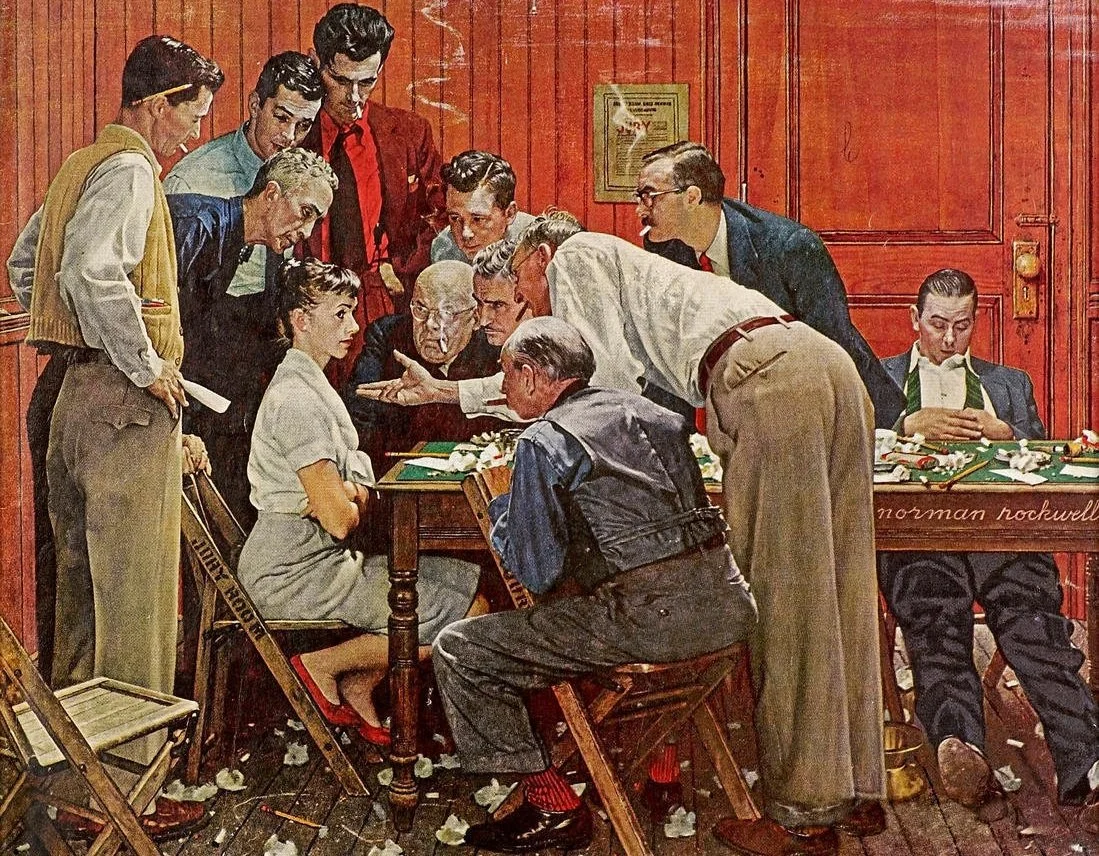Interestingly enough, a large number of us today have never actually been taught the actual meaning of virtue. It is too easy to view morality as a subjective, relative, entirely circumstance determined personal matter decided upon entirely by every private atomized individual self. Whatever you believe about morality and ethics, we would recommend that you do not hire a Legal Nihilist as your attorney. Legal Nihilism holds that there is no such thing as justice, that there are no real values except those created by arbitrary power, and that each lawyer gets to arbitrarily determine his or her own ethics in how he or she treats clients. Because he or she does not find any meaning or justice in the legal system, the Legal Nihilist attorney who denies the existence of value and virtue is going to be more interested in billing you than in doing anything else. “Virtue” is reduced, in this view, to each attorney’s own self-interest.
The older idea of virtue, by contrast, is a matter of public concern in one’s relations to others, many of whom may be vulnerable, weak, or less privileged than oneself. It is also too easy to take a view of moral superiority to others, judgmentally condemning others for “breaking the rules” or not living up to your ideals. Virtue, by contrast, consists of qualities that are cultivated and developed over time, not a perfection that is adhered to in a dogmatic way.
Among attorneys who believe in upholding morality in the law, there are two different views. On the one hand, there are those in the law who hold to a “principles ethics,” viewing morality as simply applying a set of given rules in order to make the right choices within the letter of the rules. On the other hand, there are those in the law who hold to a “virtues ethics” under the assumption that morality at its root involves a cultivation of habitual virtues which form all of one’s behavior and relationships.
As professor and author Robert F. Cochran Jr. has written, “excessive attention to rules (legal or moral) can be at the expense of attention to virtues … If rules of lawyer discipline and malpractice are the only limit on what lawyers and clients do, we are in trouble.” In our practice of law and in our relationships with our clients, we believe that honesty, truthfulness, justice, and integrity are virtues that ought to guide our everyday practice. As a result, we are focused on something deeper and broader than mere rule following and box checking; rather, we are focused, in what turns out to be a more holistic way, upon the long-term good of each and every individual client.

